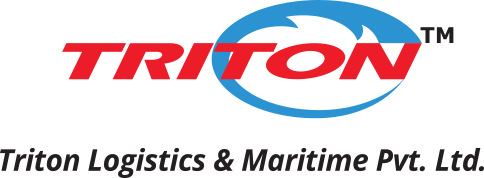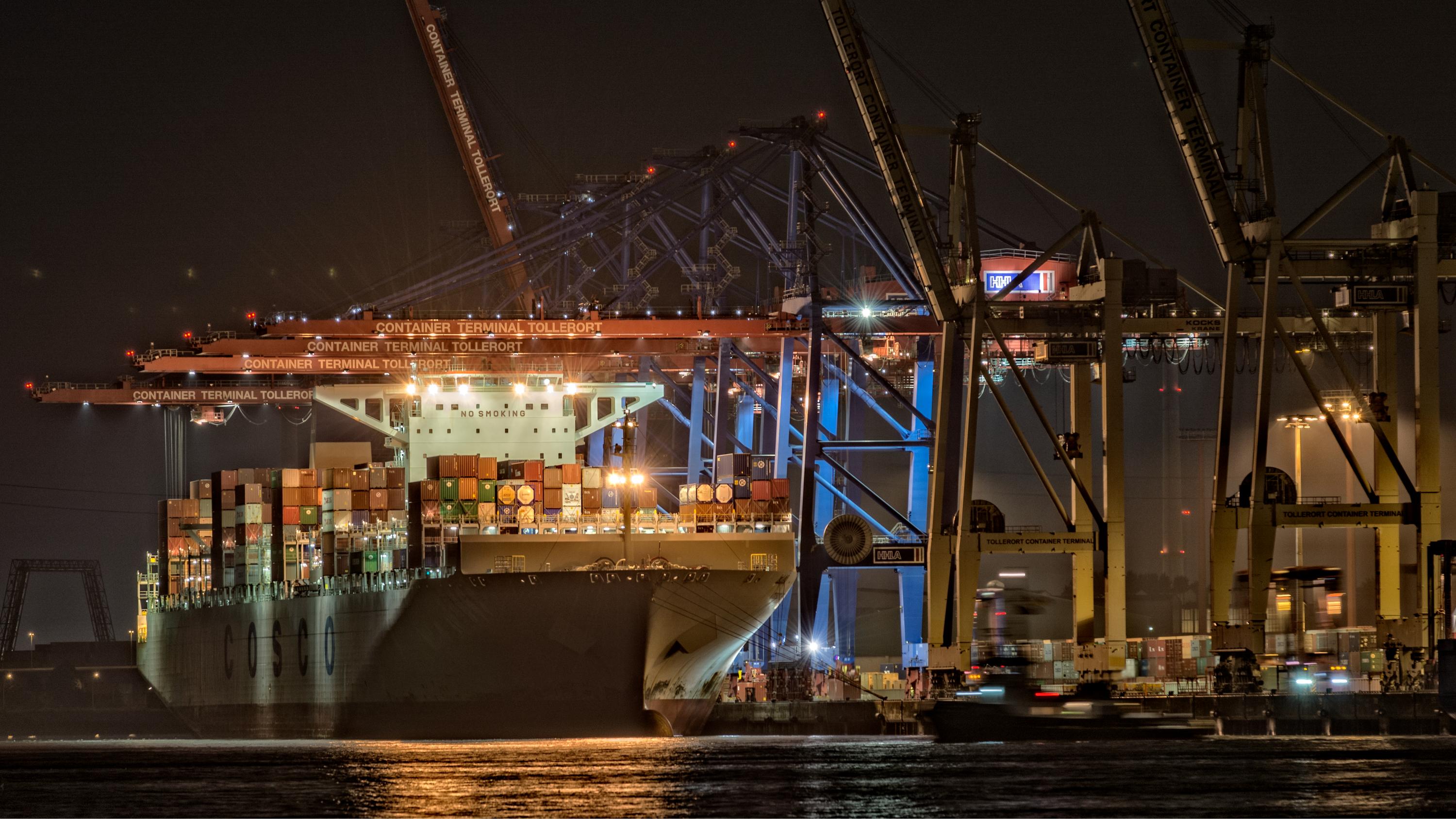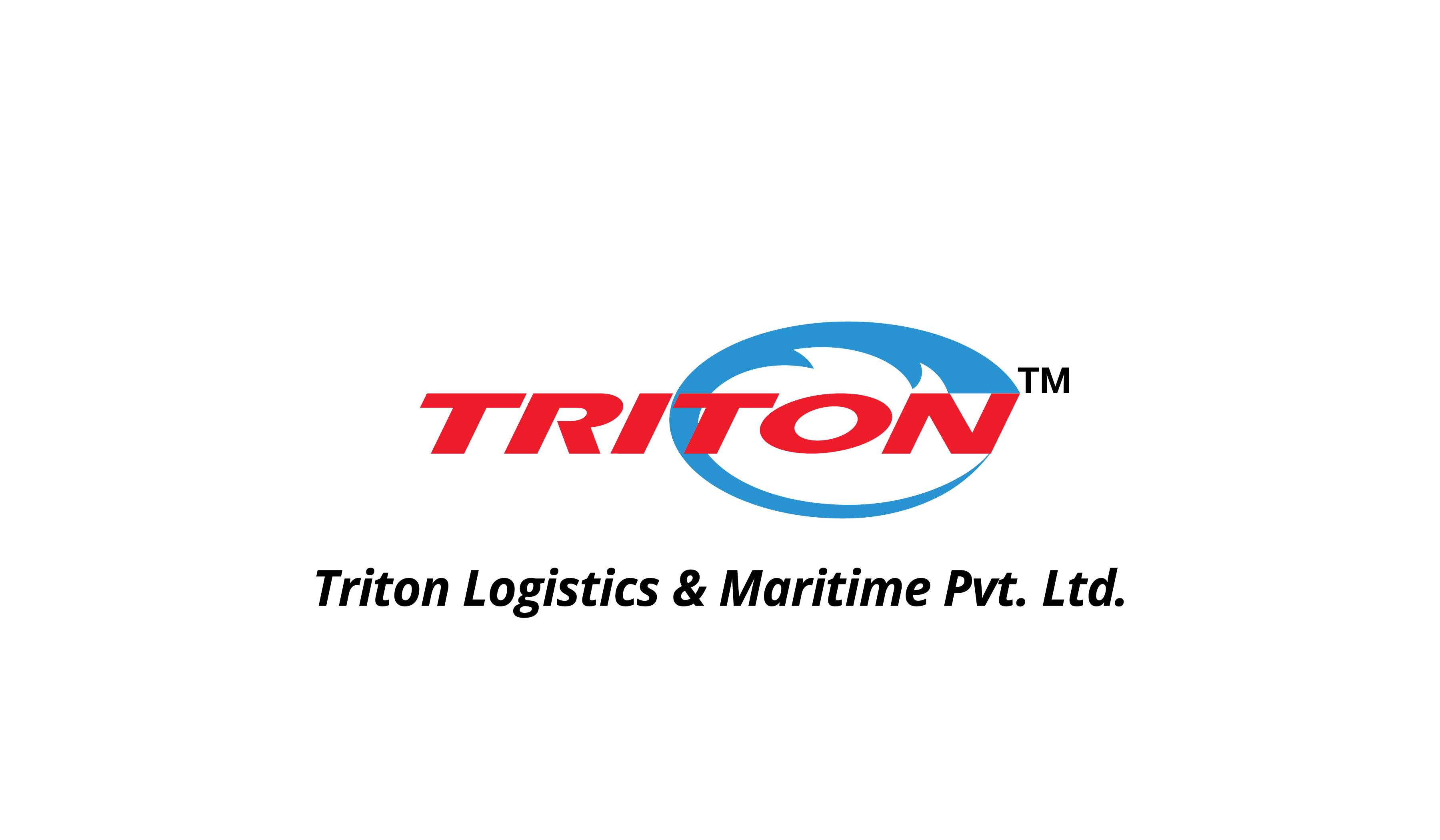When festive seasons like Diwali, Ramadan, Christmas, or Chinese New Year approach, FMCG (Fast-Moving Consumer Goods) companies face a predictable yet formidable challenge. During these times, demand for certain products can surge dramatically, often within weeks, according to industry experts. This is where the efficiency of FMCG supply chains becomes crucial in meeting demands smoothly.
Recent market research suggests that the festive period can account for as much as 30% to 40% of a company’s annual revenue. This reflects the deep-rooted connection between festivities and consumer spending in India. Factories ramp up production, logistics networks strain under the weight of heightened activity, and the margin for error shrinks. The brands that emerge victorious are those that master the art and science of synchronizing supply chains with cultural calendars. They do this not just locally, but on a global scale.
Demand Dynamics: The Spark That Ignites the Supply Chain
During major festivals, consumer buying patterns shift dramatically:
- India: Diwali leads to a sharp increase in demand for confectionery, snacks, home care products, and gifting items. This surge is driven by cultural celebrations and family gatherings that significantly boost sales. Industry leaders report that the festive quarter is consistently their strongest, with companies like Parle Products noting a 20–25% uptick in sales, especially in indulgent and snacking categories.
- China: Chinese New Year triggers spikes in food, beverages, and personal care products across Asia.
- Middle East & Southeast Asia: Ramadan prompts a noticeable rise in the purchase of packaged foods and beverages.
To meet these surges, FMCG companies ramp up production weeks or even months in advance:
- Factory output typically increases by 20–40% during festive quarters, with extended manufacturing shifts, additional temporary workers and advanced procurement of raw materials.
- In China, the world’s largest FMCG market, factories scale up operations months ahead of the Lunar New Year to serve both domestic and export markets.
- Global leaders such as Unilever, Nestlé, and PepsiCo frequently note in their annual reports that festival-driven demand shapes their global manufacturing and distribution strategies.
The Logistics Lift: Moving Mountains of Goods to Market
Increased factory output is only half the battle. The real test lies in logistics services—getting products from factories to shelves in time for the festival rush. This is where multimodal logistics shines, blending air freight, ground logistics, rail and sea transport to create a responsive and resilient supply chain.
- Air Freight: For high-value, perishable, or time-sensitive products, air freight is essential. During Diwali, for example, premium chocolates, imported ingredients, and new product launches often move by air to ensure they reach metro hubs within hours, not days. Globally, air cargo volumes for FMCG spike before major holidays, with airports in Dubai, Hong Kong and Frankfurt handling record shipments for festive seasons.
- Ground Logistics: Once goods arrive at regional hubs, ground logistics—trucks and last-mile delivery—take over. Companies deploy additional fleets, extend delivery hours, and sometimes set up temporary distribution centers closer to demand hotspots. In emerging markets, this often means navigating congested roads and unpredictable weather; in developed markets, it means integrating with advanced warehouse management systems for just-in-time delivery.
- Warehousing and Distribution: Smart warehousing strategies allow brands to stockpile inventory before the rush and release it in sync with actual sales. Pop-up fulfillment centers, cross-docking and scalable storage solutions have become industry standards for managing peak demand during festivals.

The Global Playbook: How Multinational FMCG Brands Synchronize Supply Chains
Leading FMCG companies manage these surges through a combination of advanced forecasting, supply chain visibility, and strategic partnerships. Here’s how they do it:
- Early and Accurate Forecasting: Brands use historical sales data, social listening and retailer inputs to model demand by region and product line. This allows factories and logistics partners to prepare well in advance.
- Diversified Transport Modes: Relying on a single transport mode is risky. Combining air freight, road, rail and sea provides redundancy and flexibility. For instance, a European chocolate brand may use sea freight for bulk shipments to Asia but switch to air for last-minute replenishment before the Chinese New Year.
- Technology-Driven Agility: Real-time tracking, predictive analytics, and automated inventory management reduce guesswork and human error. Global FMCG companies increasingly invest in AI and IoT to gain end-to-end supply chain visibility.
- Collaborative Networks: Partnerships with logistics providers, retailers, and even local authorities are crucial. In some markets, companies work with governments to secure priority clearance for festive shipments at ports and airports.

Triton Maritime & Logistics: Your Trusted Freight Forwarder in India
In India’s fast-growing and complex FMCG market, the right freight forwarder in India is not just a service provider—it is a strategic ally. Triton Maritime & Logistics has been that trusted partner for leading FMCG brands. They are helping them turn festival-driven supply chain challenges into opportunities.
Here’s how Triton’s logistics services ensures products move from factory to festival with speed and precision:
| Service Area | What Triton Offers |
| Air Freight | Fast delivery of high-value or perishable goods via a strong air network across India and key global hubs. |
| Ground Logistics | Full-Load and part‑load truck services (FTL & LTL) nationwide, including door‑to‑door deliveries with optimized route planning. |
| Multimodal Logistics | Custom solutions combining air, road, and sea to meet festive demand with speed and reliability. |
| Warehousing | Secure, technology-enabled warehousing with optimized inventory flows and tailored distribution solutions to meet complex supply chain needs. |
| Customs & Compliance | In-house brokerage clears goods quickly through checkpoints, reducing festive season delays. |
| Visibility & Risk Management | Live tracking, alerts, and predictive tools keep supply chains on track and disruptions under control. |
With decades of experience and a strong focus on technology, Triton transforms the pressure of festive logistics into a clear competitive advantage for FMCG brands. This strength comes not only from broad service capabilities but also from a firm commitment. They are committed to quality, compliance, and continuous improvement.
Triton holds globally recognized certifications such as ISO 9001 and ISO 27001, reflecting our dedication to operational excellence. We use advanced platforms like Cargowise to provide complete visibility and control. This extends across the supply chain. It helps businesses plan more effectively, respond faster, and deliver reliably during peak seasons.

Sync, Scale, Succeed—With the Right Logistics Partner
Festival-led surges don’t need to feel like fire drills. With Triton Maritime & Logistics, they become strategic growth opportunities. From precision air freight to multimodal solutions, and predictive risk control, Triton equips your team. They enable you to scale up without slowing down.
For busy supply chain leaders, Triton isn’t just a logistics provider—it’s an extension of your strategy team. Whether you’re preparing months in advance or reacting in real-time, we help turn pressure into performance. Our assistance transforms seasonal spikes into year-round growth.
Partner with Triton today because in logistics, timing is everything.
Read Mid-Day’s exclusive on Jitendra Srivastava’s new podcast series, TriNext, spotlighting the future of logistics here.
Recommendation: Add slight clarifications or footnotes citing recognizable third-party industry reports, or Triton’s own internal data (if permissible). This will move readers from assumption to confidence. (I have added the link of Jitendra Sir’s exclusive interview for Mid-day talking about Trinext podcast and logistics service)
Areas for Enhancement
- Stress how Triton’s end-to-end system reduces bottlenecks and gives brand teams peace of mind during demanding periods. For example, mention expedited customs clearance time savings or AI’s role in avoiding delays (Customs clearance point added in the table)
- Highlight industry certifications like ISO 9001 and 27001, technology investments like cargowise, to underscore operational excellence (Added this point along with a Triton’s Company profile PDF)
- Close with a stronger call-to-action emphasizing how partnering with Triton turns supply chain pressure into growth, underscoring value for busy executives (Changed the ending)



